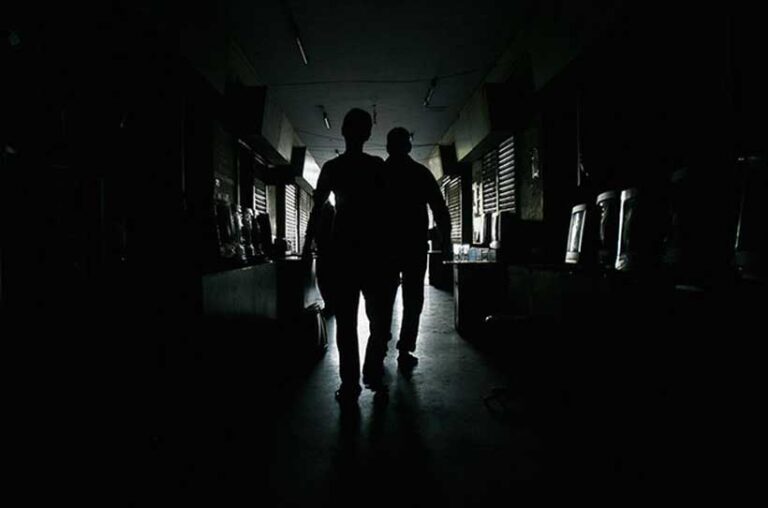In 2015, the ISIS-Khorasan terrorist organization was established in Afghanistan and Pakistan as part of the Islamic State’s expansion beyond Syria and Iraq. The organization’s name is derived from the Persian word for the Khorasan region, which includes parts of several countries in the region. Its propaganda, translated into various regional languages as well as English, promises to establish a caliphate in the region. Despite the Taliban’s victory and the restoration of the Islamic Emirate in 2021, ISIS-Khorasan continues to maintain a presence in Afghanistan. Currently, the terrorist organization’s main bases are in Pakistan’s Balochistan province, as well as parts of Tajikistan and southern Afghanistan.
Since taking power, the Taliban have sought to gain international recognition and build ties with a government that ISIS Khorasan accuses of being authoritarian or repressive toward Muslims. These policies have allowed ISIS-Khorasan to establish itself as a more committed and uncompromising Islamic force in the region, despite the 2020 Doha Agreement signed by the Taliban and the US. ISIS-Khorasan has accused the Taliban of abandoning jihad and positioned itself as a true jihadist group, allowing it to maintain and gain an advantage in the propaganda war against the Taliban. ISIS-Khorasan strives to present itself as a true defender of jihad and a steadfast opponent of the Taliban in Afghanistan.
The Taliban has faced severe criticism in its relations with the United States, Russia, China, and other countries, as evidenced by the official statements issued by ISIS-Khorasan after the terrorist attacks in Moscow in March 2024. The 30-page document devotes considerable space to criticism and ridicule of the Afghan Taliban. There is also widespread concern among Taliban officials about a surprise attack by ISIS and Khorasan. On March 27, 2024, the Afghanistan Ministry of Interior’s Kabul Provincial Police Planning and Operation Department released a letter regarding the threat of ISIS and Khorasan.
Afghanistan is recognized as a key ISIS-Khorasan stronghold. The organization plans attacks in Europe and Asia and is involved in “ambitious plots” against the United States, according to the report. It has been suggested that ISIS-Khorasan has developed a cost-effective strategy for external operations, relying on resources from outside Afghanistan, operatives in target countries, and an extensive support network. This strategy minimizes the chances of detection and interference by overcoming obstacles such as competent security forces and reducing the time needed to prepare for an operation.
ISIS-Khorasan is building a regional network of extremist groups to carry out international terrorist attacks. The network is based on information obtained from dozens of senior militants captured over the past two years. According to the report, 90% of ISIS Khorasan personnel are no longer Pashtuns. At the domestic level, ISIS Khorasan has strengthened its operational capabilities within Afghanistan, with its total number of members and affiliates estimated at between 4,000 and 6,000. ISIS attacks have become more sophisticated, targeting both the Taliban and other international targets.
Terrorist activities and successes in Pakistan are enabled by the military’s inability to prevent the threat of extremism within the country and the region. While some conservative elements within Pakistan’s military support extremists and terrorists, the modernist wing of the Taliban strives to improve relations with regional countries and major powers. However, certain threats still exist.
Therefore, at the end of March, a suicide bomber killed five Chinese engineers and a Pakistani driver when a bus was attacked in the city of Bisham in Khyber Pakhtunkhwa, Pakistan. They were traveling between Islamabad and a hydroelectric dam construction site in the province. Following the attack, China had called for a thorough investigation into the deadly explosion and the safety of its citizens. In response, Islamabad announced a swift investigation to hold the “perpetrators and accomplices” accountable. Action was ordered against five senior police officials after a joint investigation team was formed to probe the incident. No group has claimed responsibility for the deadly attacks against Chinese nationals.
Pakistan’s military’s Inter-Services Public Relations Department said the attack was planned in Afghanistan and that the suicide bomber was also an Afghan national. “Terrorists and their promoters are also controlled from Afghanistan, and the suicide bomber was also an Afghan national,” ISPR said. He also listed other terrorist incidents, including those by the Tehreek-e-Taliban Pakistan (TTP), adding that despite repeated complaints to the neighboring country’s rulers, terrorist attacks continued from within Afghanistan. Stated.
Afghanistan’s Ministry of Defense has rejected Pakistan’s claim that the plot to kill five Chinese engineers in the Bisham attack was planned in Afghanistan. Enayatullah Khowarazmi, a spokesperson for Afghanistan’s Ministry of Defense, said in a statement today that the claims are “irresponsible and far from reality.” He said blaming Afghanistan for such incidents was a “failed attempt to divert attention from the truth”, adding, “The killing of Chinese nationals in areas that were under heavy security by Pakistan’s military was a violation of Pakistan’s security system. “It shows the weakness of the institution,” he added. . “The Islamic Emirate has assured China on this issue and China also understands the fact that Afghans are not involved in such issues,” the spokesperson said. He claimed that members of the Islamic State extremist group were “entering Afghanistan from Pakistan.” “There is a lot of evidence that Daesh (IS-Khorasan) came to Afghanistan from Pakistani territory and that Pakistani territory was used against us, and Pakistan should answer for that,” Khowarazmi said. He added that Kabul believes that Pakistan’s stability and security is in the interests of Afghanistan and the region, and “believes in brotherhood and good relations between the peoples of our two countries.”

